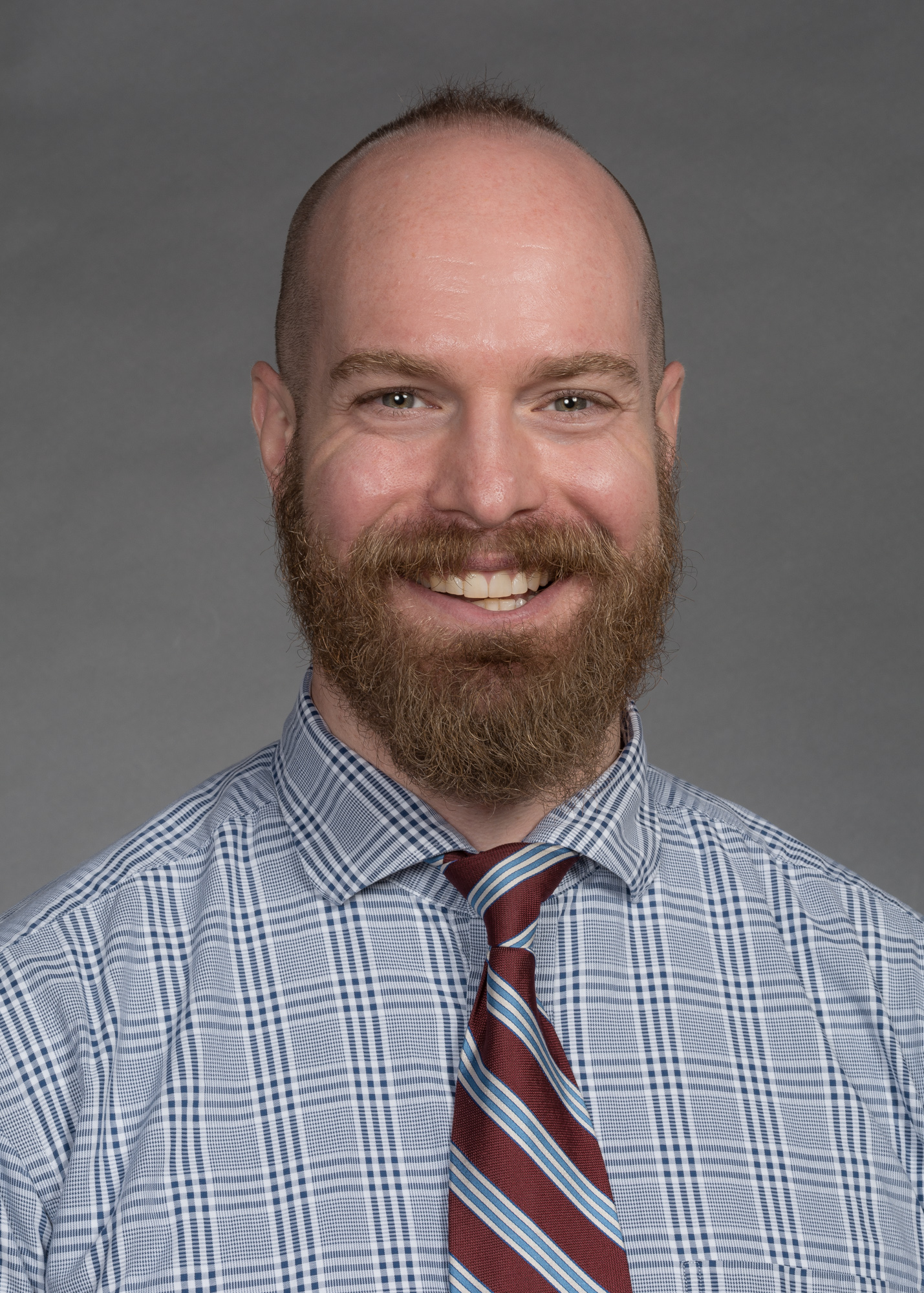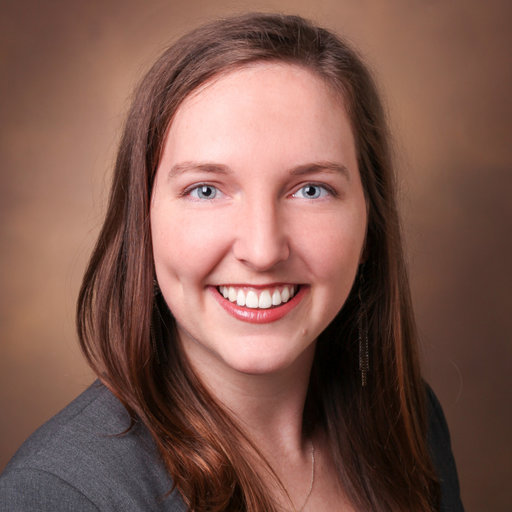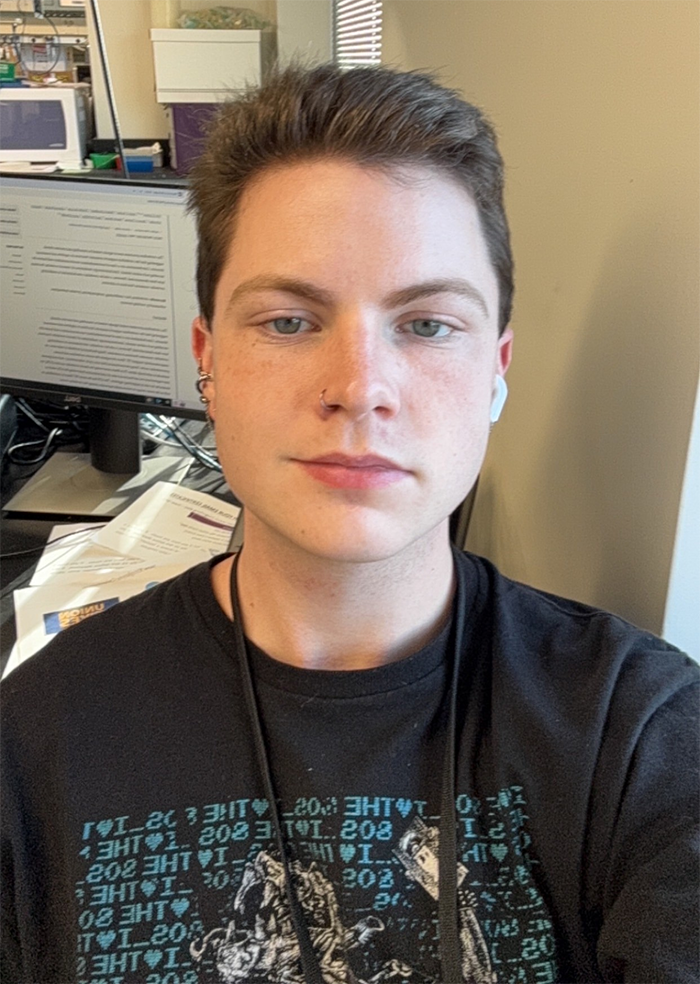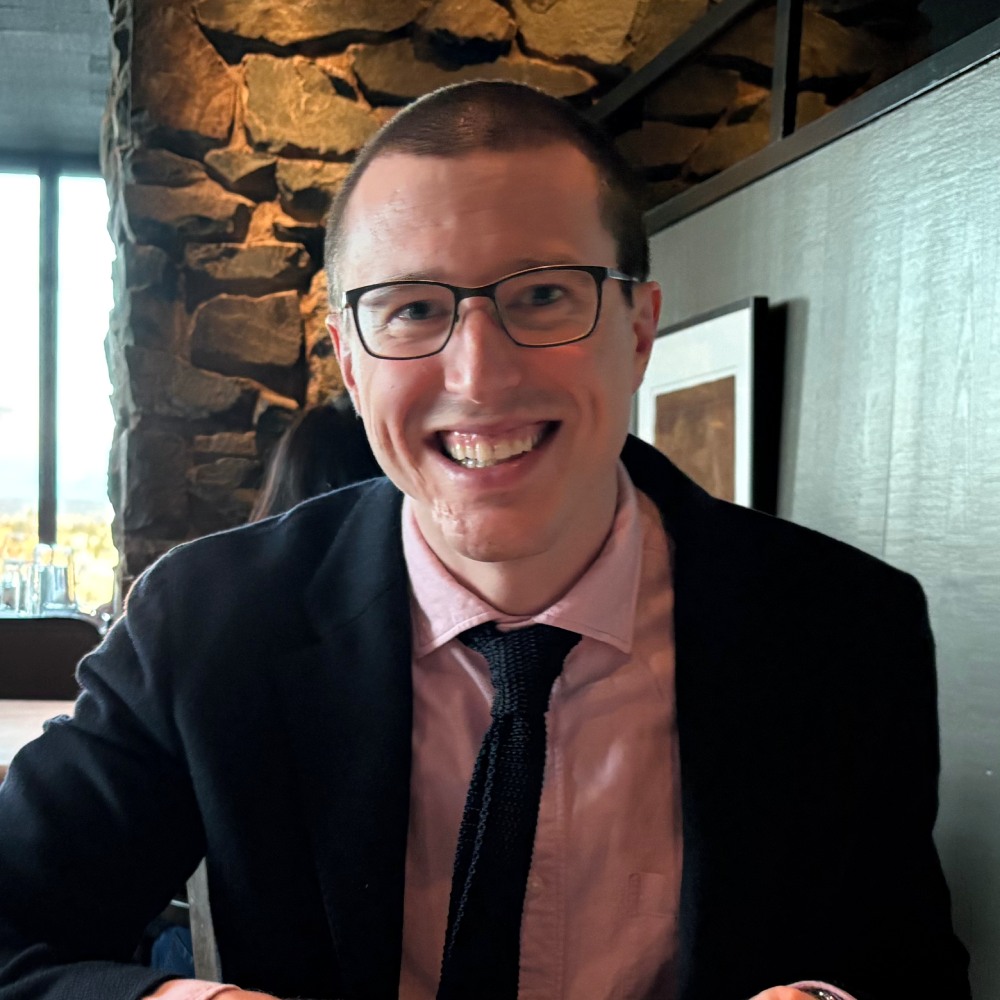Members

Erik S. Carlson M.D., Ph.D.
Principal Investigator
I am a basic neuroscientist, a board-certified practicing psychiatrist, and an Associate Professor of Psychiatry and Behavioral Sciences at the University of Washington Medical School. I have over 17 years of experience in basic science research with most of that time dedicated to the use of mouse models of cognitive functions such as declarative memory, working memory, behavioral flexibility and response inhibition.
Throughout my training prior to and during graduate school, I gained background in many contemporary molecular and biochemical lab techniques. I have a foundation in mouse genetics, neural development, and behavior which I developed by investigating the role of iron in developing pyramidal neurons of the mouse hippocampus. During graduate school, I crossed-trained in neurodevelopmental psychology. During my residency training, I expanded my knowledge of neuropsychiatric disorders by directly evaluating and treating patients with neuropsychiatric disorders including PTSD, schizophrenia, Alzheimer’s disease, autism, major depression, substance use disorders, and personality disorders. I learned numerous pharmacological, neuromodulatory, and psychotherapeutic interventions and participated in the internally funded Neuroscience Research Track. I then received a NIMH career development award (K08). In that position, I investigated interactions between catecholamines and the cerebellum in decision making, emotional and cognitive processing. In my post-doc, I learned many additional new techniques including use of viral vectors, in vivo electrophysiology, opto- and chemo-genetics, several operant- and threat-based behaviors, and moved forward in my goal of becoming a physician scientist isolating important circuits underlying etiology of specific domains of behavioral function.

Rebecca Bluett Ph.D.
Rebecca became a neuroscientist because brains are the coolest. Unfortunately, her time in academia has shown her that sometimes being a woman in academia can feel less than the coolest, even when you have incredibly supportive mentors. She believes whole-heartedly that most academics want to make the world a better place and we’ve become experts in one very particular way to do that. Sometimes, though, we need help recognizing other kinds of problems and understanding how to improve things (like academic culture) in other ways. She joined the EPIC team to learn from her incredible teammates and to help facilitate postdocs having conversations with each other about how we can build more inclusive academic communities as we build our careers.

Siddhant Dharap
Sid is interested in researching the neurobiological underpinnings of memory and various cognitive functions. He aims to examine the double-edged relationship between an individual’s environment and their brain development in hopes of understanding how our brains make us, us. Outside of research, he enjoys playing sports, reading books, and often ends up playing too much chess.

Ben Rogers
Sid is interested in researching the neurobiological underpinnings of memory and various cognitive functions. He aims to examine the double-edged relationship between an individual’s environment and their brain development in hopes of understanding how our brains make us, us. Outside of research, he enjoys playing sports, reading books, and often ends up playing too much chess.
ALUMNI

Colby Samstag, Ph.D.
Colby Samstag received his PhD in the Molecular and Cellular Biology Program at the University of Washington, where he studied the molecular mechanisms underlying mitochondrial DNA mutations. Colby joined the Carlson Lab in 2020 to study the cerebellum’s apparent resistance to pathology in several neurodegenerative diseases, including Alzheimer’s Disease. To that end, he worked to establish several techniques in the Carlson lab, including Neuropixels, spatial transcriptomics, and AI-Driven Precision Pathology. His work in the lab led to a 2025 paper, where we showed novel pathological markers in the cerebellum correlate with cognitive decline in Alzheimer’s Disease. Colby is now working in Jeff Carroll’s lab at the University of Washington, where he is using an array of genomics tools to study Huntington’s Disease
Julianne Geller, RN
I worked as a Research Assistant in the Carlson lab for 2 years. My primary focus concerned the analysis of human cerebellar tissue from ACT study participants and quantifying cell and protein expression. I also worked extensively utilizing Visiopharm software to analyze these tissue samples. Currently, I am working as a nurse in an Emergency Department in San Diego.
Timothy Locke, Ph.D.
Tim (he/him) characterized populations of dopamine-1 receptor expressing neurons and tyrosine hydroxylase expressing Purkinje cells in the cerebellum and identified their roles in cognitive and affective behavior. To this end, he designed and programmed operant training learning tasks focused on timing and working memory aspects of cognition and measured anxiety and Pavlovian fear behaviors. As lab manager, he was in charge of purchasing and keeping track of supplies for the lab and maintaining the mouse colony. He went on after his time in the Carlson Lab to complete his Ph.D. in the UW Pharmacology department studying the calcium-regulation of mitochondrial functions under Yasemin Sancak. Currently he is looking for a lab to do post-doctoral research in, synthesizing his neuroscience and cell biology interests.